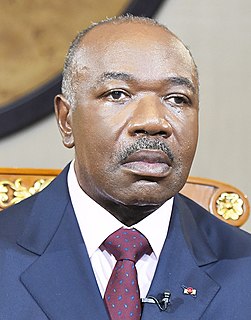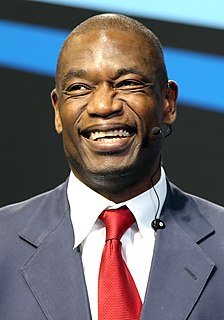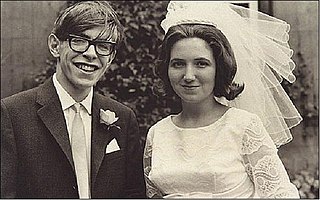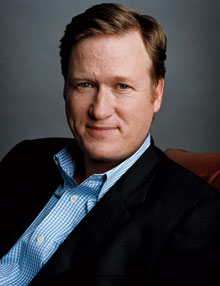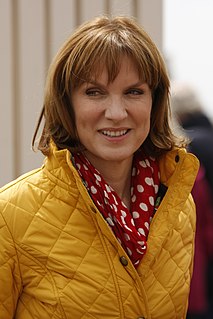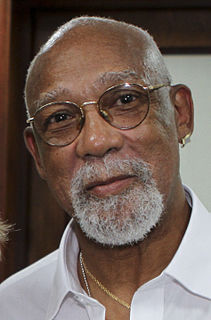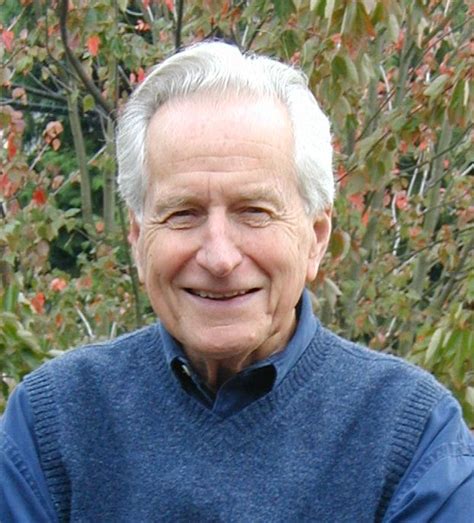A Quote by Ali Bongo Ondimba
Those who were fortunate enough to have the support of their parents or the state must in turn be generous, in solidarity, especially in hard times.
Related Quotes
I've always had a passion for giving back. It's a family tradition that comes from my devout parents. They were always giving back and serving the community. So when I became fortunate enough and blessed to play the game of basketball, I was also fortunate enough to follow in my parents' footsteps and give back like the way they did.
Discussions of the economy, especially during times of crisis, are often framed in terms of lessons we supposedly learned during the Depression of the 1930s. If we are not to endure terrible times like those again, we are told, we must support whatever form of state intervention is currently being peddled.
[Sport officials] blocked their support of us. But those individuals [ Muhammad Ali, the Jim Browns, the Bill Russells, Kareem Abdul Jabbar ] were old enough, they were wise enough, and they knew their history and this is why they came out in support of us, because they knew that we had our finger on the right move.
